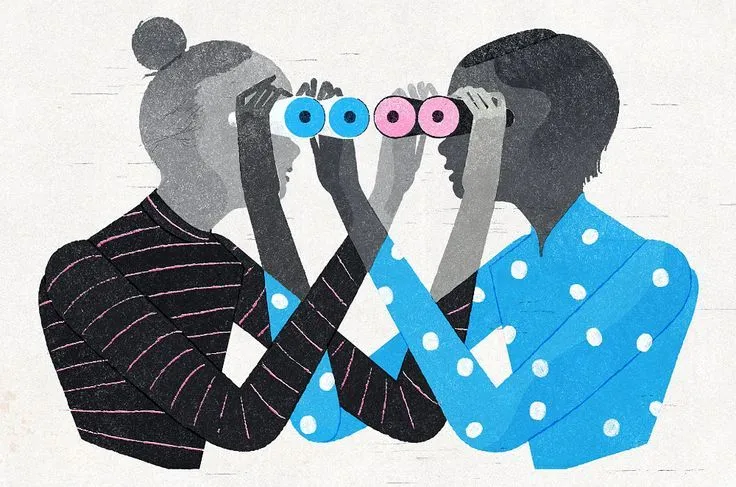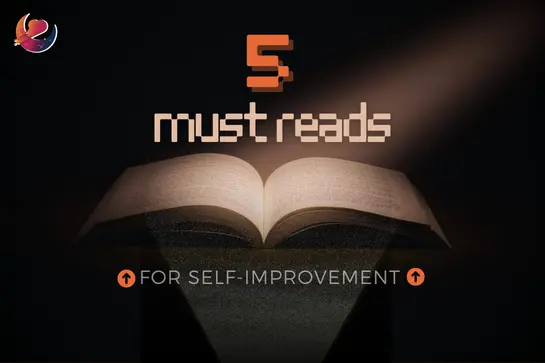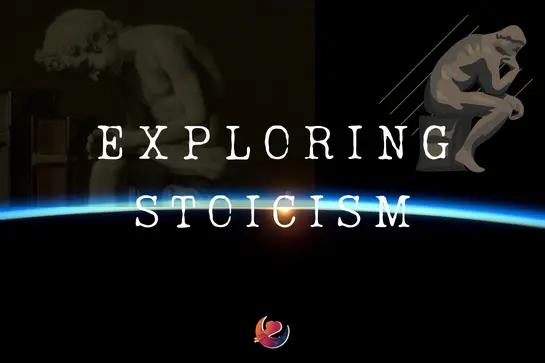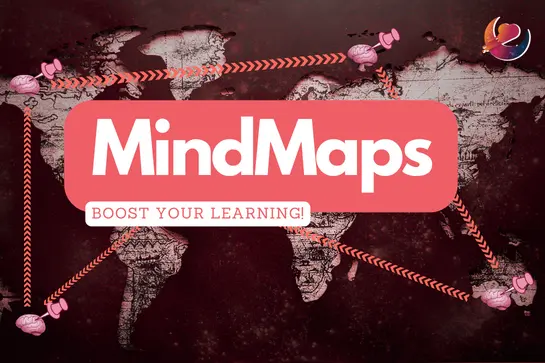By Débora Coutinho | 7th July, 2022
From time to time, we hear the word - empathy, especially on social media, where people tend to be judgemental. But at what level do we comprehend the meaning of being empathetic? And how do we implement it in our lives?
What Exactly Is "Empathy"? 🤔
To make it really simple: the ability to connect with others. Empathy is understanding other people's feelings, not from your own point of view, but from the other perspective. An empathetic person will often ask themselves: “how is the other person feeling?", and why are they feeling like that?”
“Empathy is feeling with people.” — Brené Brown

💡 Empathy involves sharing someone’s feelings and feeling how they feel, while sympathy only involves knowing how the other person feels.

How Does Empathy Impact The Other Person?
Imagine that someone just told you that a close relative of theirs passed away. How would you react? Especially if you have never lost someone that close to you, what would you say? Many of us would struggle with dealing with that situation because we are always afraid of saying the wrong thing and making them feel worse — and that is one of the various cases where empathy has the main role in relationships and how we deal with other people’s feelings.
Most of the time, the other person is just looking to feel less alone or less overwhelmed by their feelings. Even if we haven’t experienced what they are, empathy is a tool through which we question: “how do they feel?”. We don’t need to say the right thing, we just need to be there, to make the other person feel like they are not alone.
“Rarely can a response make something better. What makes something better is connection.” — Brené Brown
Societies, What About Them?!
Connections are what drive society. In school, college, work, or personal lives — we are surrounded by people, people of all sorts, people that see things differently, that feel things differently, that is different. Empathy is a major tool to connect all of us.
We are different, by nature, whether it’s in appearance or in how we see things — we’re all a diverse community of people. How can we, then, stay connected to one another? The empathetic posture definitely has a central role in the web of interactions within a society. We understand how others feel and respect their feelings, regardless of all their differences. We build strong, healthy, long relationships, even though, sometimes, we have nothing to do with the people with whom we connect — and that’s how empathy is central in the lives of all of us.
.webp)
The Three Kinds Of Empathy!
❓Cognitive empathy:
→ Also known as perspective-taking, it relates to being able to comprehend the mental state of the other person.
- Why do they feel like that?
- Why do they think like that?
☹️ Emotional empathy:
→ This kind of empathy relates to the ability to feel the same way as the other person does.
- How would I feel if it was happening to me?
- Can I imagine what they’re feeling?
💪 Compassionate empathy:
→ Through compassionate empathy, we not only understand how the other person feels but actually help them, if possible.
- Can I help that person in any way, even if it’s only to reassure them that they aren’t alone?
How To Be A More Empathetic Person?
Empathy, although deeply connected to functions of our brains, is a skill that needs to be developed as we interact with more people. Hence, that are attitudes that we can take to improve our ability to better communicate and connect with others:
.webp)
→ Listen and do not make assumptions — when trying to be more empathetic, listening to what the other person is saying is crucial to truly understand how they feel.
→ Try to imagine how you would feel considering various aspects
relating to the person to whom you are listening.
→ Do not be afraid to show your own vulnerabilities, considering that the other person is also being vulnerable.
→ Get in contact with others’ perspectives — through
books, movies, conversations…
→ Connect with people through questions and active listening, and let them know that you support them.





Forgot password?
Close message
Subscribe to this blog post's comments through...
Subscribe via email
SubscribeComments
Post a new comment
Comment as a Guest, or login:
Connected as (Logout)
Not displayed publicly.
Comments by IntenseDebate
Reply as a Guest, or login:
Connected as (Logout)
Not displayed publicly.